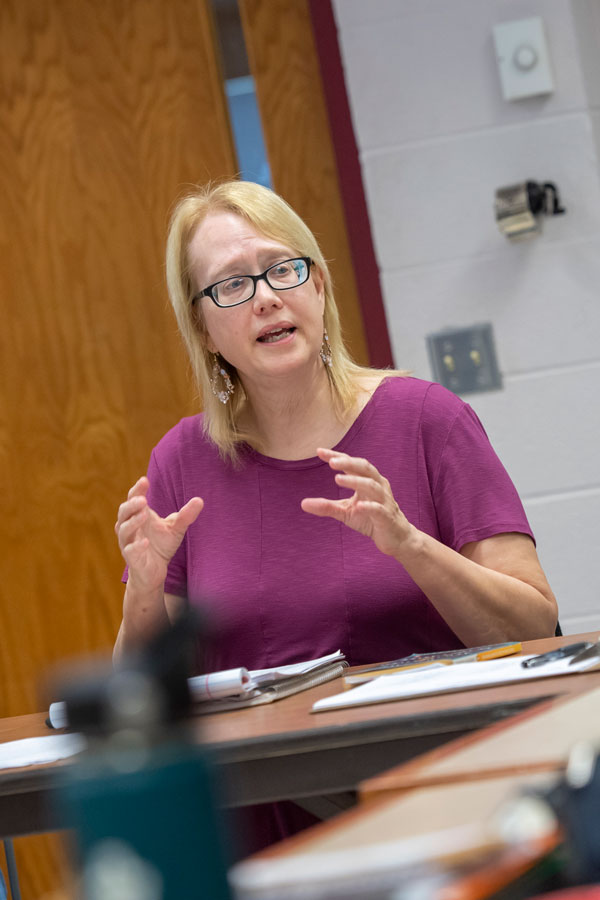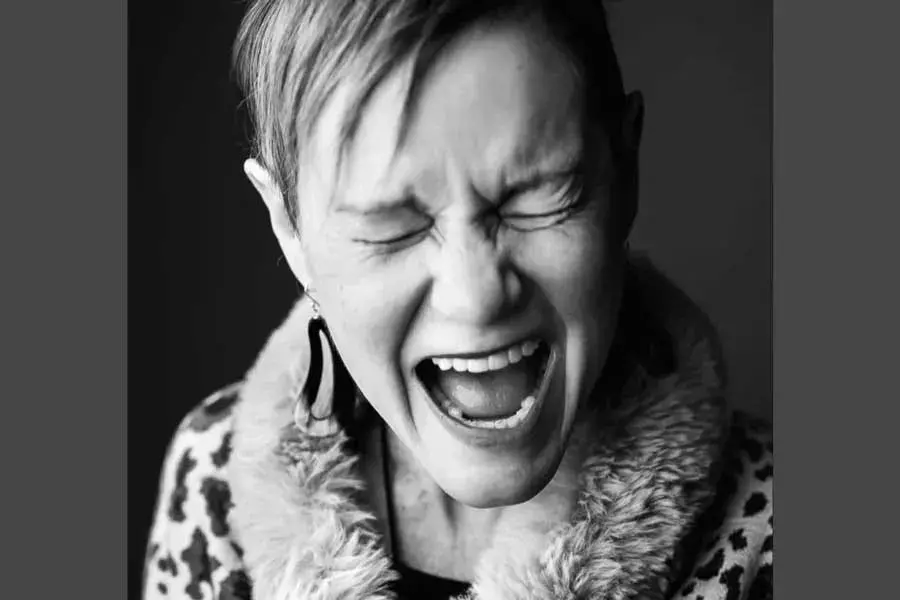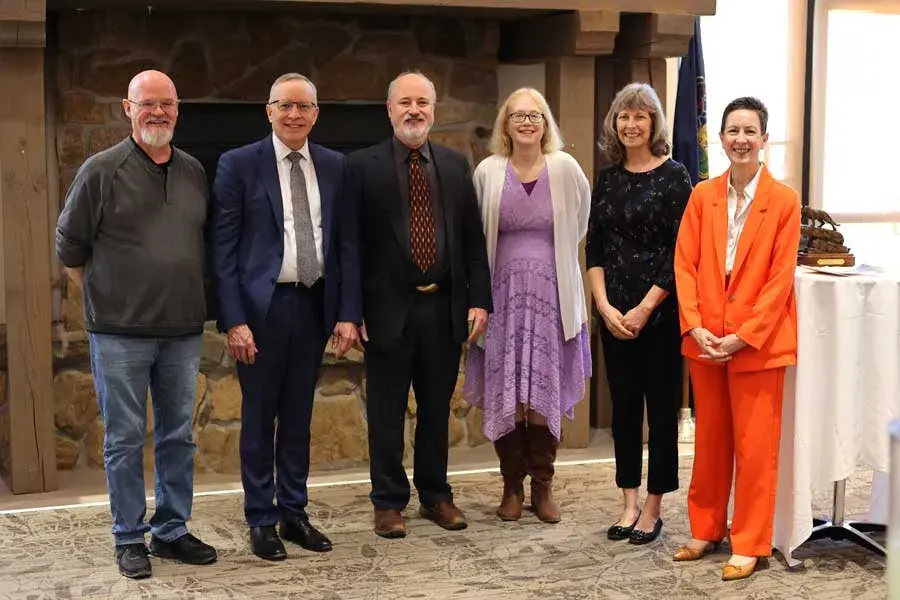
Writing - BA
Become one of the effective writers our world needs, no matter what medium you choose.
Why study writing at Pitt-Bradford?
“The creative writing classroom may be one of the last places you can go where your life still matters.”—poet Richard Hugo
Good writers are needed everywhere: for magazines and websites, blogs, advertising copy, internal communications in companies or organizations, public relations, screenplays for TV and movies, works of fiction and nonfiction and poetry. Writing graduates work in education, law, business, and medicine, as journalists, speechwriters, art therapists, teachers, arts administrators, literary agents, and technical writers.
You'll have the chance to try out different genres and forms in a supportive community. You might study writing as a therapeutic process or literature about time travel or writing for children and young adults. You’ll have a chance to learn about producing a literary arts magazine, rub elbows with visiting professional writers, and participate in open mics. Your work may get published in our campus and community magazine, Baily's Beads, which has been recognized seven times by the American Scholastic Press Association as the top student literary arts magazine in the country and twice by the Scholastic Press Association at Columbia University as one of the top ten in the U.S. In addition, our creative and professional writing program was named one of the best in the country by Study.com in 2021. Our faculty are out there in the field actively publishing our work, enabling us to bring you the best, most up to date information and connections.
What will I learn?
You’ll learn about fiction, poetry, creative nonfiction, screenwriting, and journalism, about writing for magazines and websites, blogs, advertising copy, internal communications in companies or organizations, and public relations. You’ll get real world experience working for our award-winning literary magazine, Baily’s Beads, and you’ll get to meet professional writers, some of whom are our alumni. Our graduates work as journalists, speechwriters, art therapists, teachers, arts administrators, literary agents, and technical writers.

What can I do with a degree in writing?
When you graduate, you'll have many kinds of jobs to choose from because employers are always looking for people who write well. Writing graduates work in education, law, business, and medicine, as journalists, speechwriters, art therapists, teachers, arts administrators, screenwriters, advertising copywriters, literary agents, novelists, attorneys, songwriters, and technical writers.
Job titles:
- Author
- Biographer
- Editor
- Editorial writer
- Fact checker
- Journalist
- Proofreader
- Fundraiser
- Publicity director
- Technical writer
Employers:
- Advertising agencies
- Newspapers
- Publishers
- Magazines
- Corporations
- Educational institutions
- Public relations firms
- Law firms
-
Writng 0106
Fiction Writing 1And 1302 Fiction Writing 2 examine the basic elements of fiction while reading from different forms and genres, including short stories and novels, literary, fantasy, detective, women’s, and science fiction, and look at related craft issues while you produce your own fiction. -
Writng 0220
Writing Features for Magazines and the WebExplore the myriad ways that staff and freelance writers make a living producing features for magazines, newspapers, and the web. You’ll experiment with a variety of forms, including profiles of people and places, how-to, informational, and service, essay, narrative and opinion, humor and satire, historical or inspirational pieces, spot features and trend stories.
Program-Related News

Award-winning author to read on campus
Bascom’s writings have international bent.

First visiting writer of year to speak Thursday
Kim Chinquee author of 11 books.

Seven retiring from Pitt-Bradford
Staff and faculty have combined 218 years of service.